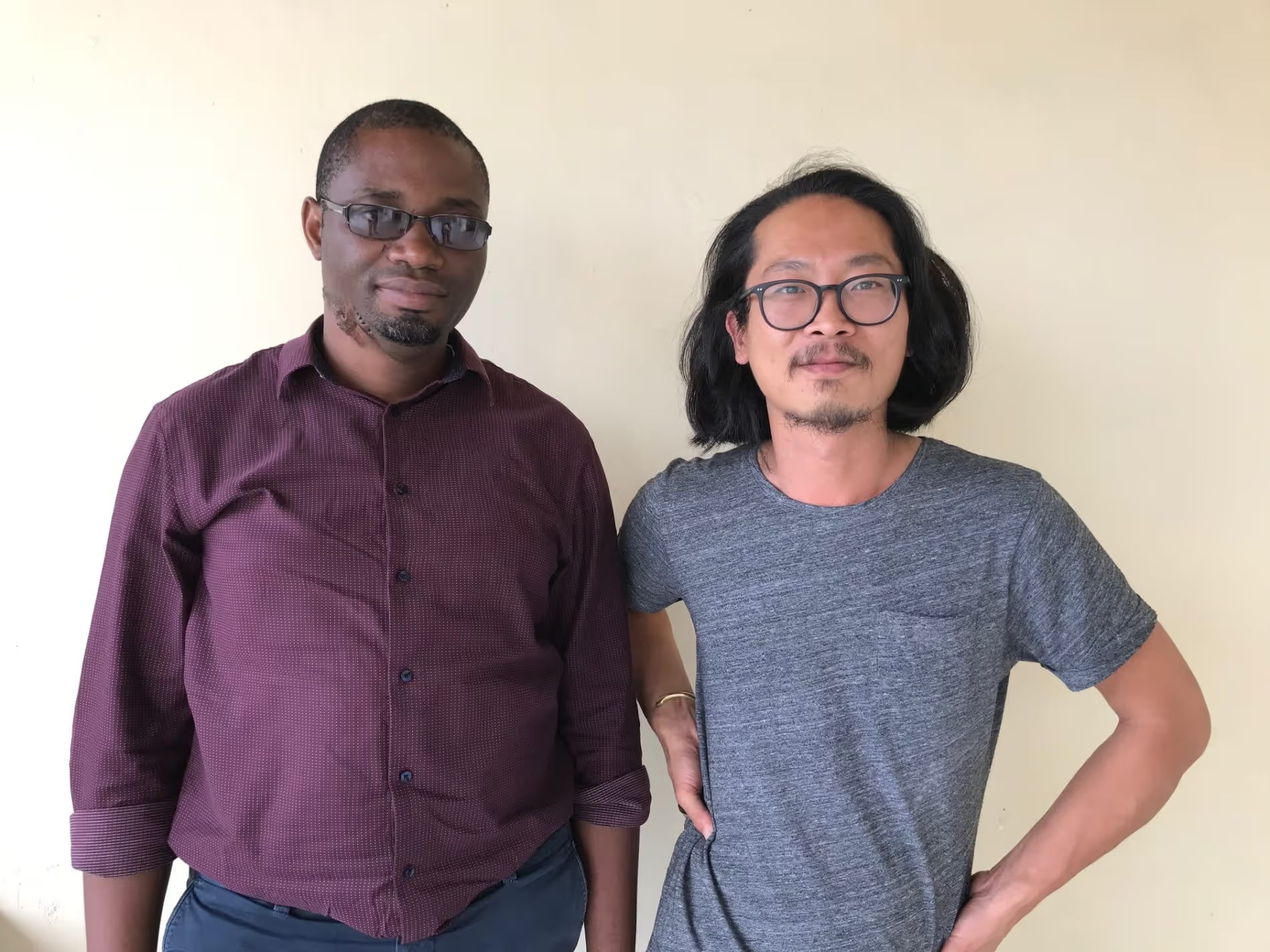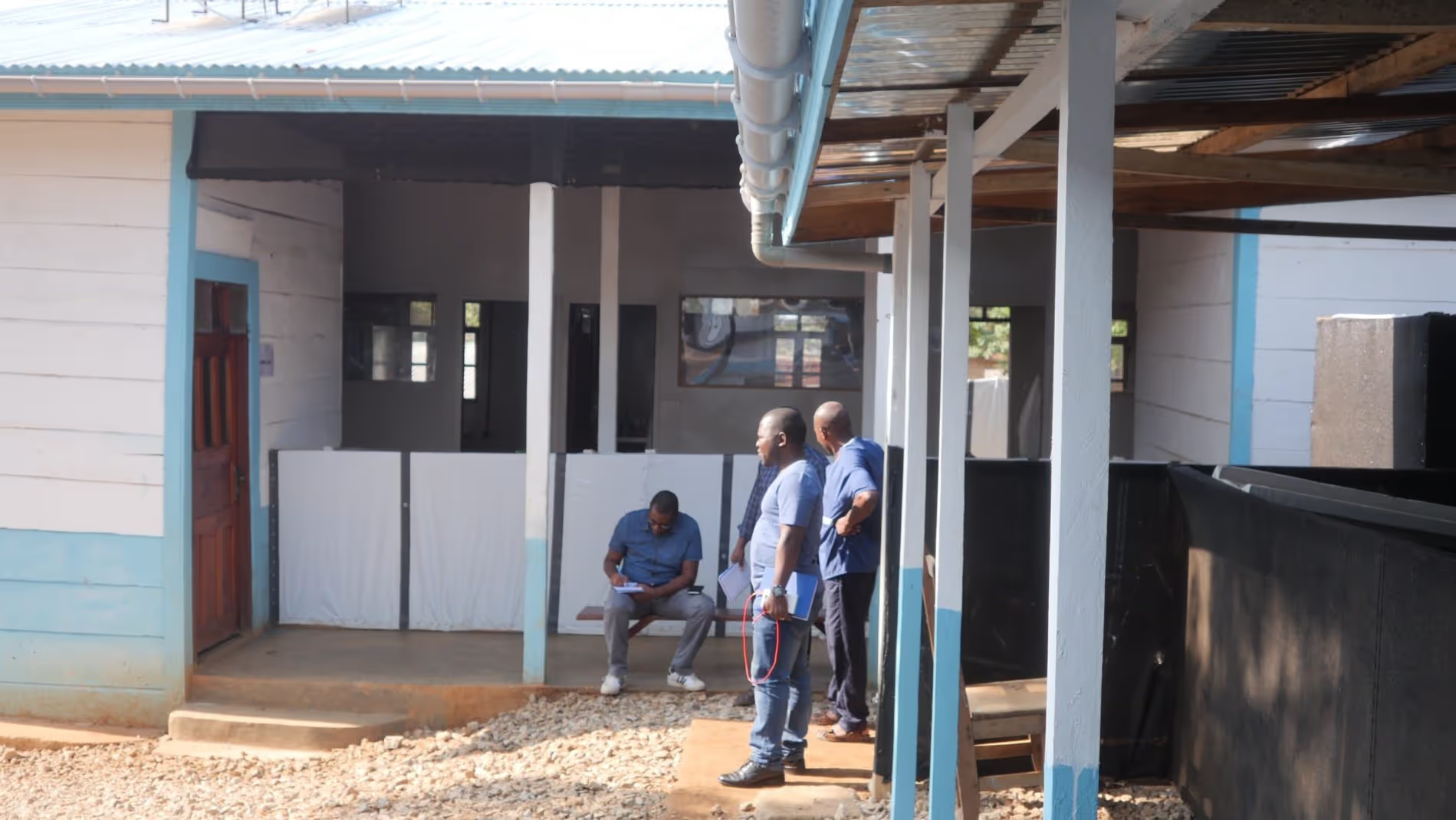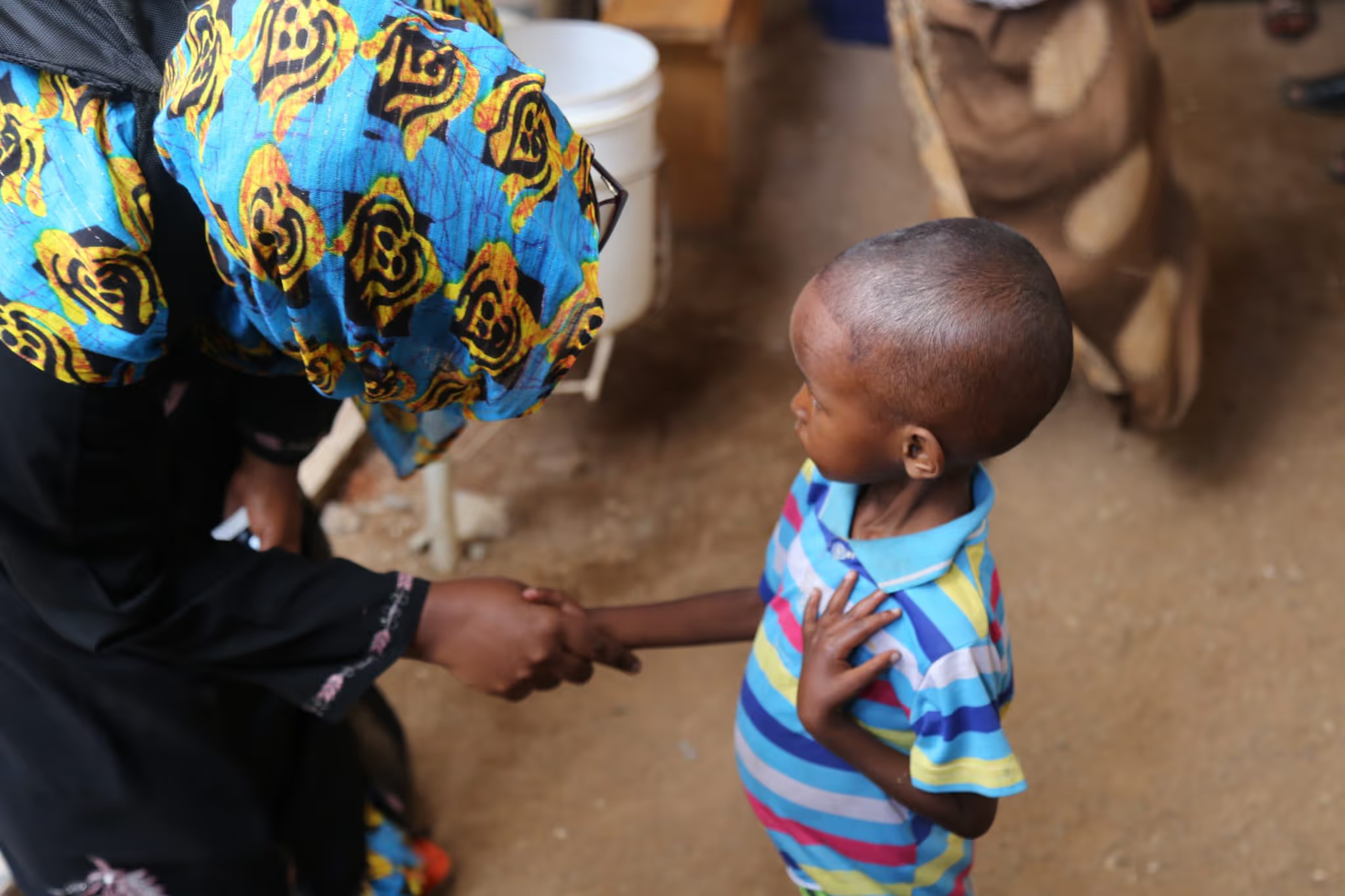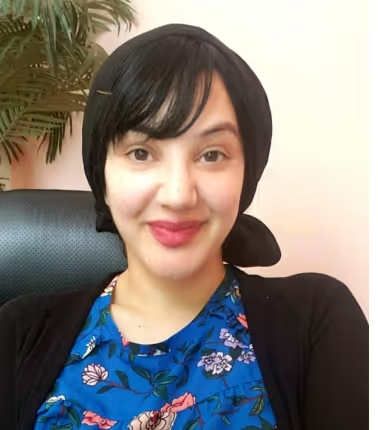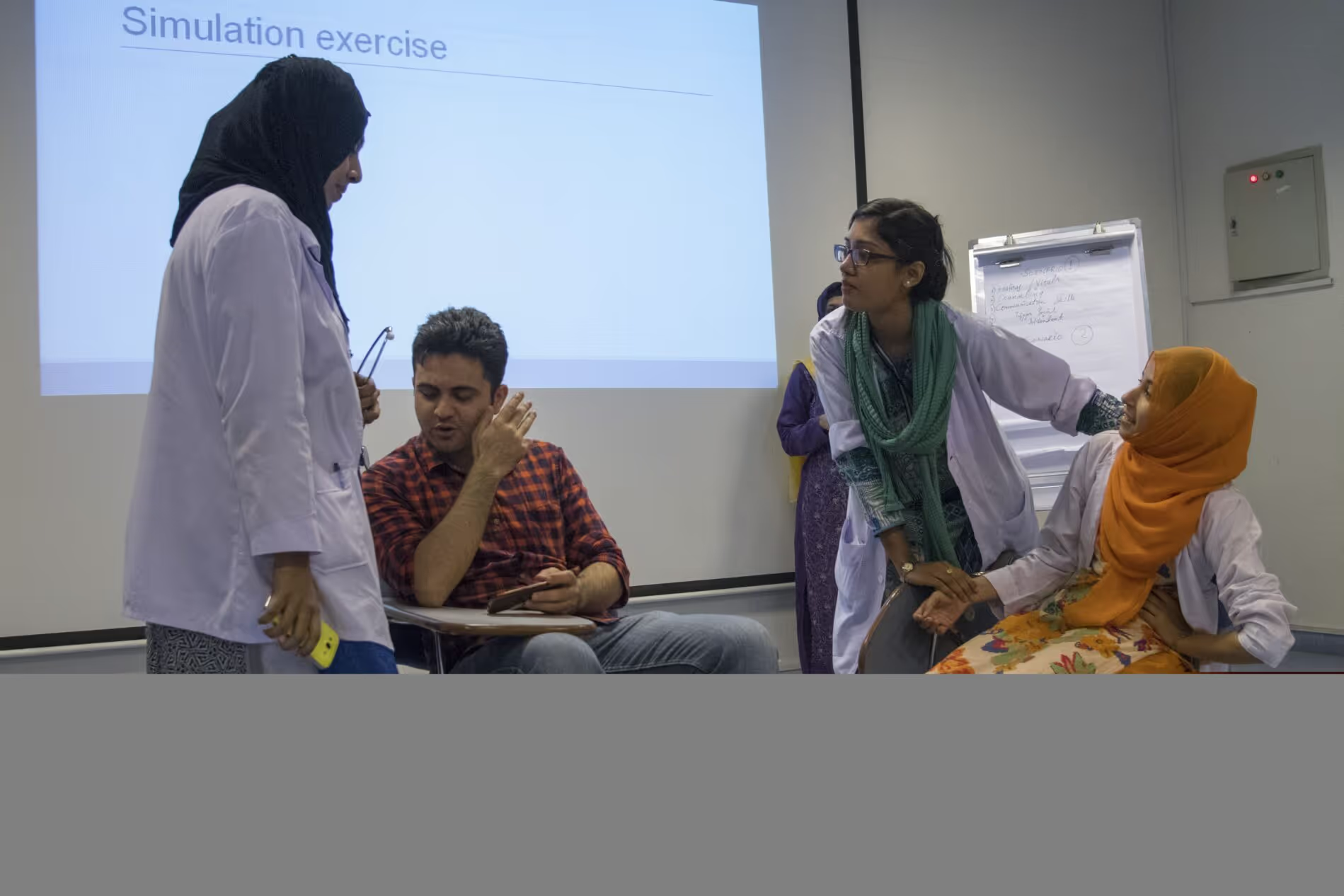Humanising the design of the Ebola response in DRC: Anthropological research on humane designs of Ebola treatment and care to build trust for better health
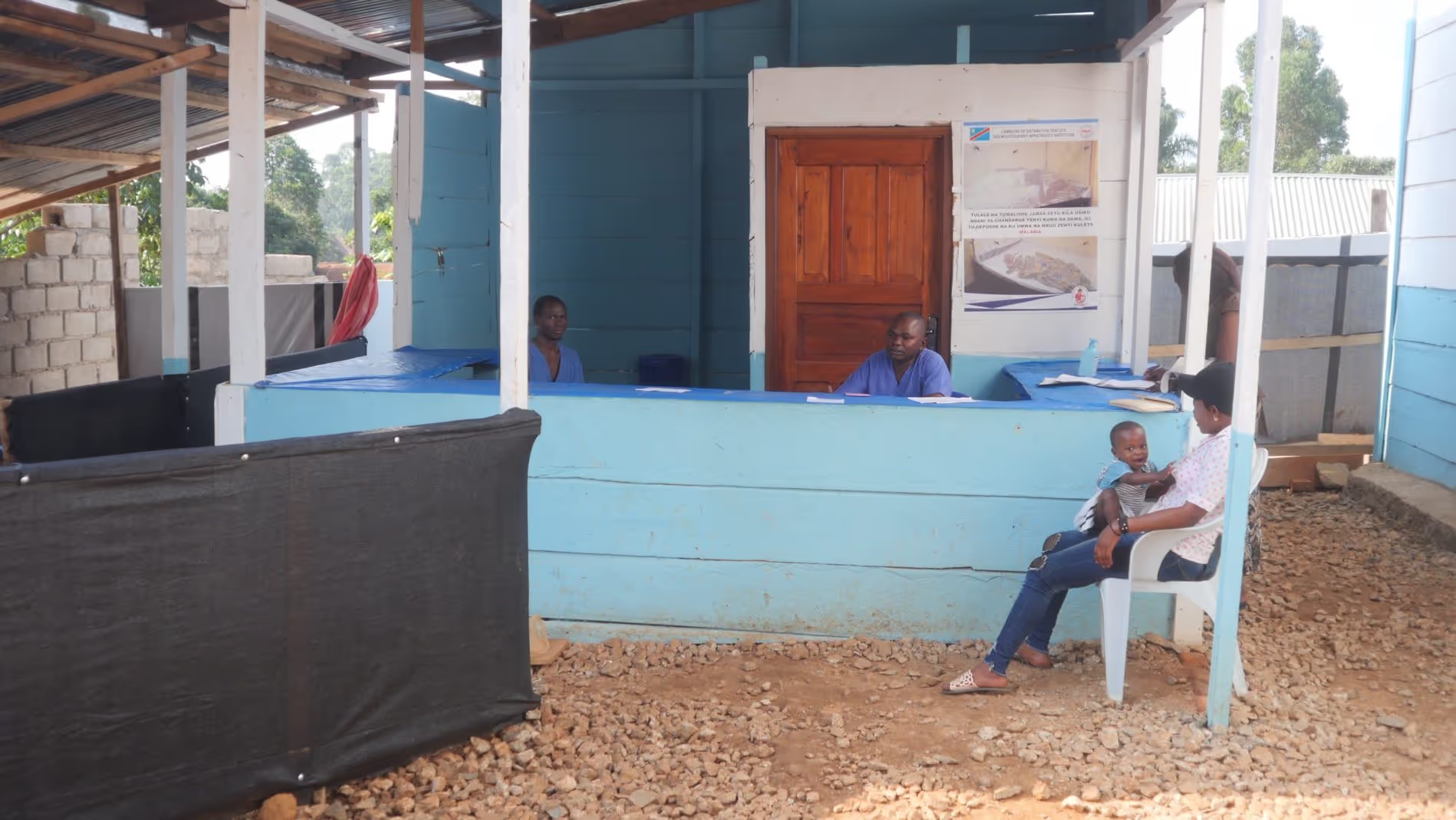
Project overview
The study will examine how humane designs of treatment and care at Ebola Treatment Centres (ETCs) influence the formation of trust into the response to the EVD epidemic in DRC.
Countries
Democratic Republic of Congo
Organisations
Martin-Luther-University Halle-Wittenberg
Partners
Pole Institute, DRC, Robert-Koch-Institute, Germany, Durham University, UK, Oxford University, UK, Bayreuth University, Germany, GOARN, WHO
Area of funding
Humanitarian Research
Grant amount
£215,699
Start date
01
August
2019
End date
01
January
2020
Project length (in months)
5
Funding calls
Focus areas
No items found.
Topics
Communicable diseases
Ebola
Status
Closed
Project solution
This project offers [specific solution or intervention] to tackle [challenge]. By implementing [strategies, tools, or innovations], the project aims to achieve [desired outcomes]. The approach is designed to [specific actions or methods] to bring about meaningful change in [community, region, or issue area].
Expected outcomes
This project aims to achieve [specific outcomes], such as [measurable results, improvements, or changes]. The expected impact includes [benefits to the target community, advancements in research or innovation, or long-term effects]. By the end of the project, we anticipate [specific changes or milestones] that will contribute to [broader goals or objectives].
Principal Investigators: Sung-Joon Park, Martin-Luther-University Halle-Wittenberg & Nene Morisho, Pole Institute
Purpose
The study will examine how humane designs of treatment and care at Ebola Treatment Centres (ETCs) influence the formation of trust into the response to the EVD epidemic in DRC. The research aims to develop user-friendly recommendations for “Operationalising, Optimising and Humanising treatment and care for EVD” to provide hands-on recommendations to build trust.
Expected Outcomes
The study will address an urgent need to help address community trust in the current response to the Ebola outbreak in DRC. The study team will produce clear recommendations on improved treatment and care for EVD patients, and how to overcome key challenges, directed at operational partners. Dissemination events will be held in Beni, Mabalako, Mandima.
Research Methodology (brief summary)
The study will use anthropological research methods comprising interviews and observational research methods to study humane designs of care and treatment. Anthropological research methods are crucial to investigate the formation of trust under the conditions of extreme insecurity in DRC.
No items found.
Project delivery & updates
Stay up to date with the latest developments from this project. Here, you will find details on what has been delivered, resources created, and regular updates as the project progresses. Access key documents, reports, and other materials to see how the project is making an impact.
No resources/updates have been published yet for this project. Sign up for our newsletter to stay informed about upcoming publications and updates!
Join our Newsletter
Resources
No items found.
Latest updates
No items found.
